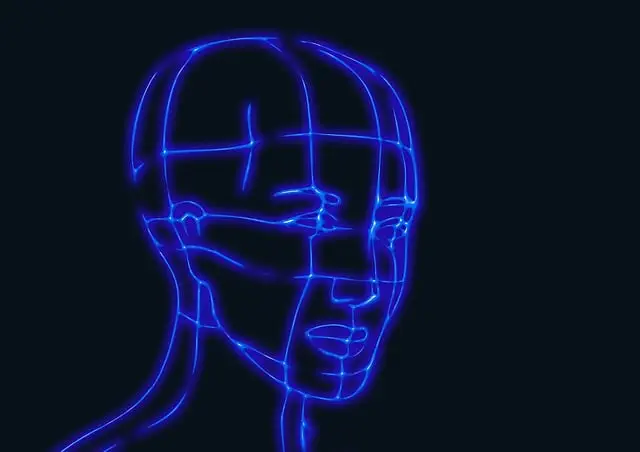Anxiety relief with kratom, derived from Mitragyna speciosa leaves, has gained popularity as a natural alternative for managing OCD and anxiety symptoms. Kratom interacts with opioid receptors in the brain, offering calming effects without drowsiness. While some users report reduced anxiety and OCD symptoms, individual responses vary, and further studies are needed to ensure safety and efficacy. Integrating kratom into a broader therapeutic framework, such as Cognitive Behavioral Therapy (CBT), provides holistic management of OCD symptoms, improving quality of life for individuals seeking non-pharmaceutical solutions for anxiety relief.
Obsessive-Compulsive Disorder (OCD) can significantly impact daily life, but support is available. This article provides an in-depth look at OCD, its symptoms, and potential causes. We explore alternative anxiety relief options, focusing on Kratom as a natural remedy for managing stress and anxiety. Additionally, discover effective support strategies to help you or your loved one navigate OCD. For those seeking anxiety relief with Kratom, this guide offers valuable insights into harnessing its potential while emphasizing the importance of professional guidance.
- Understanding Obsessive-Compulsive Disorder: Symptoms and Causes
- Exploring Kratom as a Potential Anxiety Relief Option
- Support Strategies for Managing OCD Effectively
Understanding Obsessive-Compulsive Disorder: Symptoms and Causes

Exploring Kratom as a Potential Anxiety Relief Option

Kratom, derived from the leaves of the Mitragyna speciosa plant, has gained attention as a potential natural remedy for anxiety relief among individuals seeking alternatives to conventional treatments. This herbal substance, commonly used in Southeast Asia for centuries, is now being explored for its calming and stress-reducing properties. Research suggests that kratom’s unique chemical composition interacts with opioid receptors in the brain, potentially offering a soothing effect on anxious minds.
For those struggling with obsessive-compulsive disorder (OCD) or other anxiety disorders, kratom presents an intriguing option. Some users report reduced symptoms of anxiety and a sense of calm without the sedating effects often associated with prescription medications. However, it’s crucial to approach kratom as a complementary therapy, as individual responses vary, and further scientific studies are needed to fully understand its efficacy and safety for anxiety relief.
Support Strategies for Managing OCD Effectively

Managing Obsessive-Compulsive Disorder (OCD) effectively involves a multi-faceted approach, and one crucial aspect is implementing support strategies that alleviate anxiety and promote a sense of control. One promising avenue for some individuals is exploring natural remedies like kratom for anxiety relief. Kratom, derived from the plant Mitragyna speciosa, has gained attention for its potential to reduce OCD symptoms associated with anxiety. Its unique alkaloid composition may interact with opioid receptors in the brain, offering a calming effect and potentially mitigating obsessive thoughts and compulsive behaviors.
However, it’s essential to approach kratom use as part of a comprehensive treatment plan. Combining natural remedies with therapy, such as Cognitive Behavioral Therapy (CBT), has shown significant benefits. CBT equips individuals with coping strategies to challenge obsessions and resist compulsions, while kratom can provide additional support for anxiety management. This dual-approach allows for a more holistic management of OCD symptoms, fostering improved quality of life.
In understanding and managing Obsessive-Compulsive Disorder (OCD), it’s clear that a multifaceted approach is key. While exploring natural remedies like Kratom for anxiety relief can be an option, support strategies such as therapy, medication, and self-care practices remain paramount. By combining these methods, individuals with OCD can navigate their symptoms effectively, enhance their quality of life, and find lasting peace. Remember, seeking professional help is a sign of strength, and there’s hope in taking control of one’s mental health journey.






